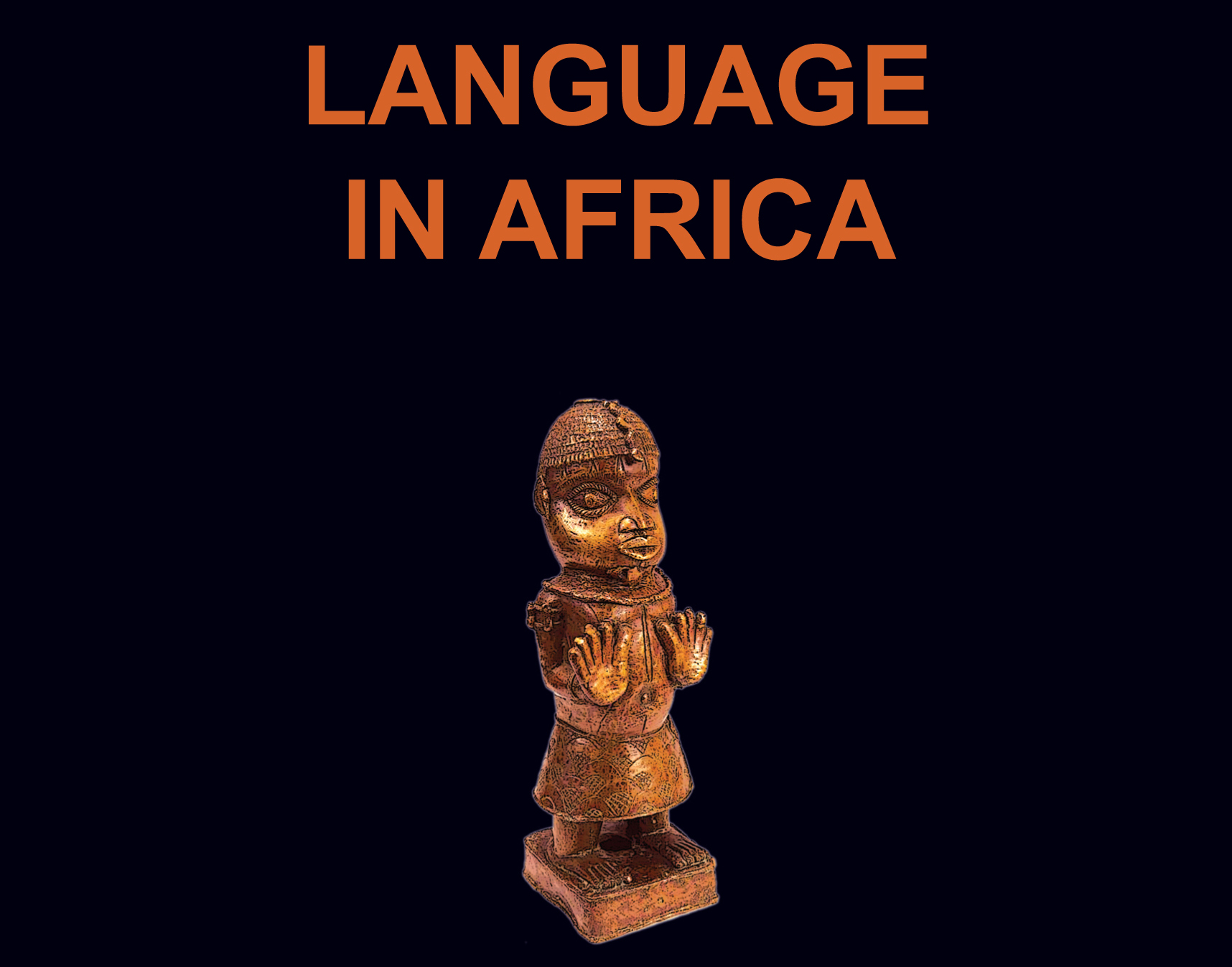Le système de classes nominales du minyanka
Sékou Coulibaly
Résumé
Cet article décrit le système de classes nominales du dialecte minyanka (langue sénoufo, gur) parlé dans le village de Pénesso (région de Ségou, sud-est du Mali). Il décrit les marqueurs nominaux de classe et les classes d’accord dans ce parler. Une comparaison avec les autres parlers minyanka déjà décrits montre que ce parler a subi une réduction du nombre de ses classes d’accord.
Mots-clés
minyanka, sénoufo, gur, niger-congo, classes nominales
Minyanka noun class system
Sékou Coulibaly
Abstract
This paper is a description of the noun class system of the Minyanka dialect (Senufo, Gur) spoken in the Penesso village (Segou region, southeastern Mali). It describes the noun class markers and the agreement classes of this dialect. A comparison with other Minyanka dialects already described displays that the dialect spoken in Penesso has undergone a reduction of its agreement classes.
Key words
Minyanka, Senufo, Gur, Niger-Congo, noun classes
pp. 3–42
doi 10.37892/2686-8946-2021-2-2-3-42
On the aspectual system of Wushi (Babessi), a Ring Grassfields Bantu language of Cameroon
Liliane Hodieb
Abstract
One of the characteristics of Bantu languages, including Grassfields Bantu languages, is their multiple time distinctions. Within the Ring Grassfields group, multiple tenses are also well attested. For example, Aghem has three past and two future tenses (Anderson 1979), Babanki has four past tenses and three future tenses (Akumbu & Fogwe 2012), as well as Lamnso’ (Yuka 2012). Oku has three past tenses and two future tenses (Nforbi 1993) and Babungo has four past and two future tenses (Schaub 1985). These tenses represent different degrees of remoteness in time such as hordienal, immediate, distant, etc. However, in spite of the indisputable lexical unity of Ring Grassfields Bantu languages (Stallcup 1980; Piron 1997), Wushi strikingly stands apart: it does not mark tense morphologically. As a matter of fact, the aspectual system of Wushi is based on five aspects: perfective, imperfective, retrospective or anterior, potential, and the distal or dissociative marker kə̀ that is analyzed in the light of Botne & Kershner (2008). This paper sets out to analyze these verb forms.
Key words
verbal system, aspect, tense, Ring Grassfields Bantu, Bantoid, Wushi
pp. 43–65
doi 10.37892/2686-8946-2021-2-2-43-65
Construction schemas in Yoruba compounding: focus on personal names
Taiwo O. Ehineni
Abstract
Compounding is a common word-formation process in Yoruba which is instantiated by different compound structures and types. However, in Yoruba personal names, compounds may exhibit significant formal and semantic properties that reflect certain constructional schemas in grammar. Hence, using the framework of construction morphology, this paper examines various schemas in Yoruba compound personal names and the internal features of these schemas. Based on data collected from personal interviews and native speaker intuition, I show that Yoruba personal names are constructions involving complex structural schemas which constitute a form-meaning pair where there are internal features that are not only semantic but syntactic and phonological. Furthermore, the paper reveals that several compound patterns may occur in Yoruba names including N-N, N-V, V-N, N-A and N-Av and that phonological processes in these schemas may be unique to the name constructions.
Key words
construction morphology, compounding, schemas, personal names, Yoruba
pp. 66–82
doi 10.37892/2686-8946-2021-2-2-66-82
Ìlàjẹ names: an appraisal of Yorùbá culture
Oluwole Samuel Akintoye
Abstract
Naming is an intrinsic aspect of the Yorùbá culture. Beyond identification tags, it also serves as an anchorage to project culture, didactics and the destiny of a name-bearer, particularly in Ìlàjẹ communities of Oǹdó State, Nigeria. Notwithstanding, critics of Yorùbá names have overlooked the deep historicity and culture preservation entrenched into Ìlàjẹ names. This study, therefore, examines Ìlàjẹ names based on their linguistic and religious significance to consolidate the need for culture retention among the Yorùbá. The study employs traditional criticism as a theoretical construct to analyze the primary data, which were indigenous names collected through oral interviews from indigenes of Ìlàjẹ communities. The secondary data comprised of books, journals, internet articles on names. Findings reveal that despite modern civilization and western religion, Ìlàjẹ communities maintain indigenous names which bother on profound Yorùbá culture manifested in the names of their children and their ornate consequence within the broader spectrum of the Yorùbá culture. Ìlàjẹ names were categorized based on association with prominent Yorùbá concepts like destiny, death, religion, metaphysics, morality, children, kinship, social relations and wealth. The study though a contribution to existing knowledge on Yorùbá names is a unique interdisciplinary blend of culture and linguistics of Ìlàjẹ communities.
Key words
personal names, Ìlàjẹ communities, identity, moral, indigenes
pp. 83–104
doi 10.37892/2686-8946-2021-2-2-83-104
A sketch of Ngen phonology
Tatiana Korol
Abstract
The paper provides a preliminary description of the phonology of Ngen, a South Mande language spoken in Ivory Coast. Ngen has a system of oral and nasal vowels. The consonant inventory is characterised by a complementary distribution between [b] and [m], [l] and [n], [y] and [ɲ]. There are 3 level tones. Tone melodies on disyllabic feet exhibit all possible combinations except LH. The majority of nonderived words have CV, CVCV, and CVŋ structures.
Key words
Ngen, South Mande, phonology
pp. 105–116
doi 10.37892/2686-8946-2021-2-2-105-116


